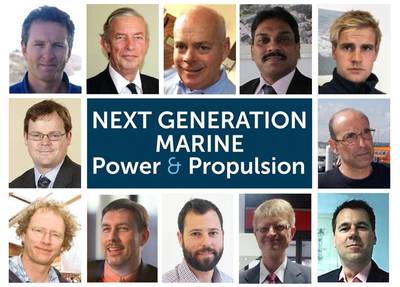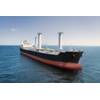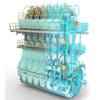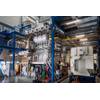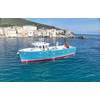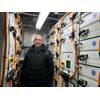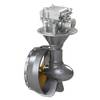Experts to Highlight Viable Power and Propulsion Solutions
Automotive manufacturers including Tesla and BMW are redefining the energy possibilities for land transport. Hybrid systems are now commercially available and operating successfully in fleets around the world. Tenders for hybrid vessels are coming out with increasing frequency as historic and high profile European maritime cities including London, Paris and Amsterdam aim to reduce emissions.
- James Fanshawe CBE – Chairman, Maritime Autonomous Systems Regulatory Working Group: ‘Power and Propulsion Requirements for Autonomous Vessels and Smart Port Energy’
- Jon Lewis – Maritime Command, UK Border Force: ‘Selecting Power and Propulsion Systems for Evolving Maritime Roles’
- Captain Muhammad Shafique – Senior Lecturer Petrochem, Warsash Maritime Academy: ‘Alternative Fuels for Propulsion and Emissions Control’
- Andy Page – Managing Director & Naval Architect, Chartwell Marine: ‘Comparison of Propulsion Technologies on High Speed Commercial Vessels’
- Jonathan Ridley – Head of Engineering, Warsash School of Maritime Science & Engineering: ‘Experience of Testing Novel Hull Forms and Propulsion Systems for Sub IMO Vessels’
- Julian Morgan – Technical Director, KPM Marine: ‘Energy Efficiency by Design to Reduce Vessel Weight and Power Requirements’
- PANEL DISCUSSION: Marine Applications for Fuel Cells and Hydrogen
- John Price – Managing Director, JMP Systems Engineering: ‘Next Generation Energy and the Innovation Regulation Paradox’
- John Haynes – Managing Director, Shock Mitigation: ‘Hybrid Technology and The Hour Of Power for Workboats, Patrol Vessels and Superyachts’
- Graeme Hawksley – Managing Director, Hybrid Marine: ‘Developing a Commercial Passenger Fleet Utilising Hybrid Battery - Electric Systems’
- Dr. John Warner – CMO, EnerDel: ‘Maritime Energy Storage Systems & Advantage of Cross Market Learning to Speed Time to Market’
- Dan Kyle Spearman – Naval Architect, The Carbon Trust: ‘The Potential for Hybrid and Low Emission Solutions in Offshore Wind’
- Bill Davis – Founder & Engineering Director, Subsea Craft: ‘Developing Battery with Multi Thrusters for Surface and Subsurface Applications’
- Dr Dennis Doerffel – Founder & Chief Technology Officer, REAP Systems: ‘Designing and Integrating Diesel - Battery - Electric Solutions for Commercial Craft’
- PANEL DISCUSSION: Kickstarting Viable Marine Innovation Projects


